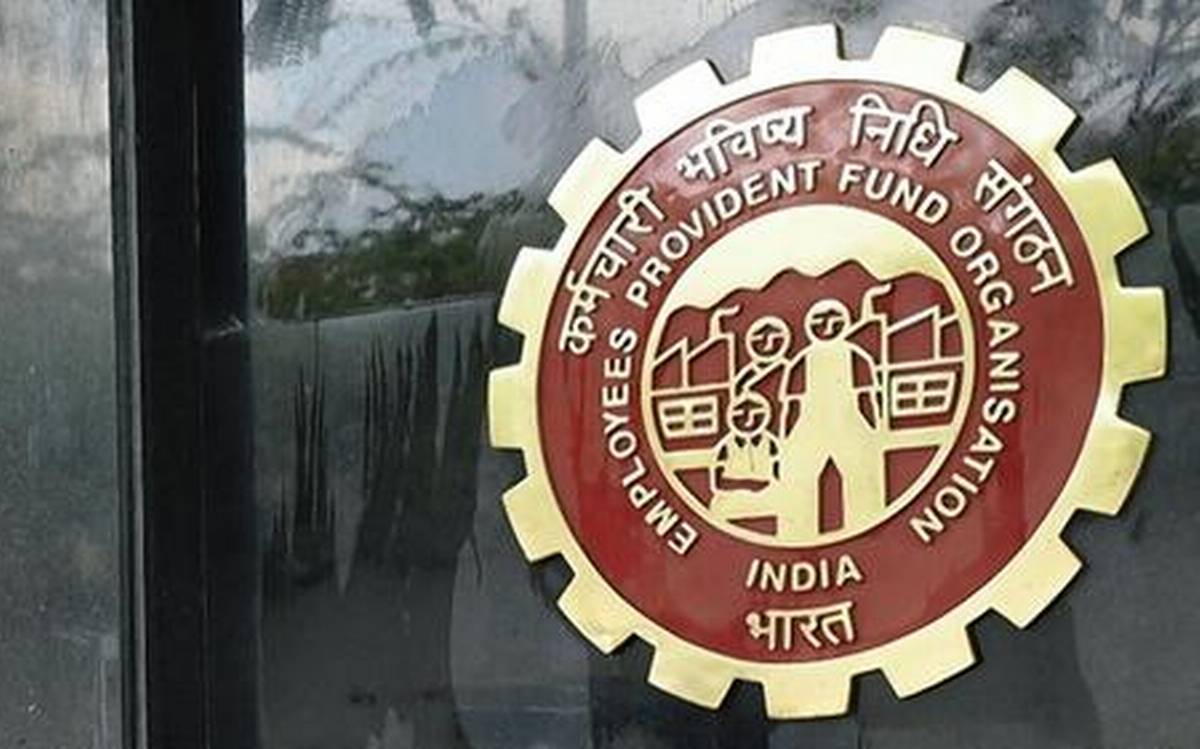
Is EPF employer contribution taxable in the revised New Tax Regime?
Contents News/Article Date: 6th February 2023
Relating to which Act: The Employees Provident Funds & Miscellaneous Provisions Act, 1952
Applicable to which State: All the establishments in the States with PF coverage
Type: Freefincal news report
Pertains to: Establishments and Members of PF Fund
Relevance of this news: Karma Global is in the business of HR Services, Payroll, Outsourcing, and Regulatory Compliances right from its inception in 2004 since then, it has brought in a lot of efficiencies and technological upgradations with experts on its role, to ease the hassles of Payroll Processing, Temp Staffing, On-boarding, Employee Life Cycle, Statutory, Regulatory, and Payroll compliances by providing customized solutions to all its elite clients.
Now Karma Management Global Consulting solutions Pvt Ltd is also fully into labour compliance for nearly 18 years and is helping both establishments and workers fulfillment of obligations as per the laws of the land. It has over 200 staff, both direct and indirect on its rolls and operates on a Pan India basis. Recently, it has diversified into foreign shores as well, into countries like the US, UK, UAE, Canada, Philippines, and Asia for handling payroll, outsourcing, recruitment, and governance.
And in this instance: This news report concludes that employer contributions to the EPF are not part of an employee’s salary. And therefore, they are also not part of 80C. Thus the rules of the new tax regime (existing or revised in budget 2023) do not apply to them
Subject: Is EPF employer contribution taxable in the revised New Tax Regime?
Appended is the complete news item
Is EPF employer contribution taxable in the revised New Tax Regime?
Source: Freefincal
Important to know a reader wants to know if the employer contributions made to the EPF are taxable in the new tax regime from 1st April 2023.
Employer contributions to the EPF are not part of an employee’s salary. And therefore, they are also not part of 80C. Thus the rules of the new tax regime (existing or revised in budget 2023) do not apply to them.
The employee contributions to EPF will continue to be tax-free in the new tax regime (current and revised in budget 2023), provided such contributions are less than or equal to Rs. 7.5 lakhs in a financial year. This limit also applies to NPS and superannuation schemes.
If an employee is part of the EPF, NPS, and any superannuation scheme, then the total contribution should not exceed Rs. 7.5 lakhs for such contributions to be tax-free. Beyond this, it will be taxable as per slab in the hands of the employee.
Employer contributions to the NPS are deemed to be part of the salary. They are deducted from the total salary via section 80CCD (2). This deduction is still applicable in the new tax regime (both current and revised in budget 2023).
There is a misconception that this section has no limit for tax deductions. This is not true. The maximum value under 80CCD (2) is computed as follows. Let A = amount contributed by the employer in a financial year. Let B = 10% of income from salary*. Let C = Gross Total Income (2). Then the maximum value permissible under 80CCD (2) is the smallest among A, B and C. * For state and central government employees, it is 14%.
